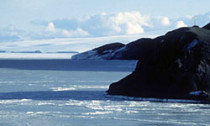
The winding back of plans for a huge Antarctic marine sanctuary is a “significant blow” and “baffling,” conservation groups say. A joint New Zealand-US proposal to create the world’s biggest marine reserve in the Ross Sea was scaled back by 40 per cent ahead of negotiations in Australia next month.
Officials believe it will be easier to get the support of the 25 nations of the Commission for the Conservation of Antarctic Marine Living Resources (CCAMLR) for a smaller sanctuary.
The Antarctic Ocean Alliance, an umbrella group of 30 conservation organisations, says it is “baffling” that the two governments have weakened their proposal. The environmentalists believe it was a “tactical mistake” to scale back the plan without first securing support from other nations.
This is likely to be a bl...
Read More


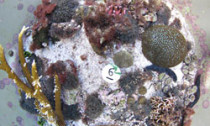
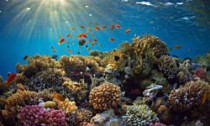
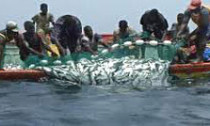
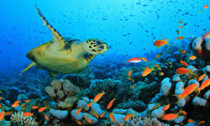

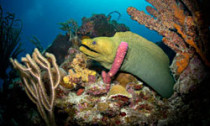
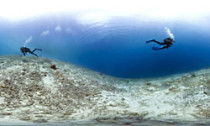



Social Profiles